”If the goal to achieve is happiness,
the journey is always worthwhile“
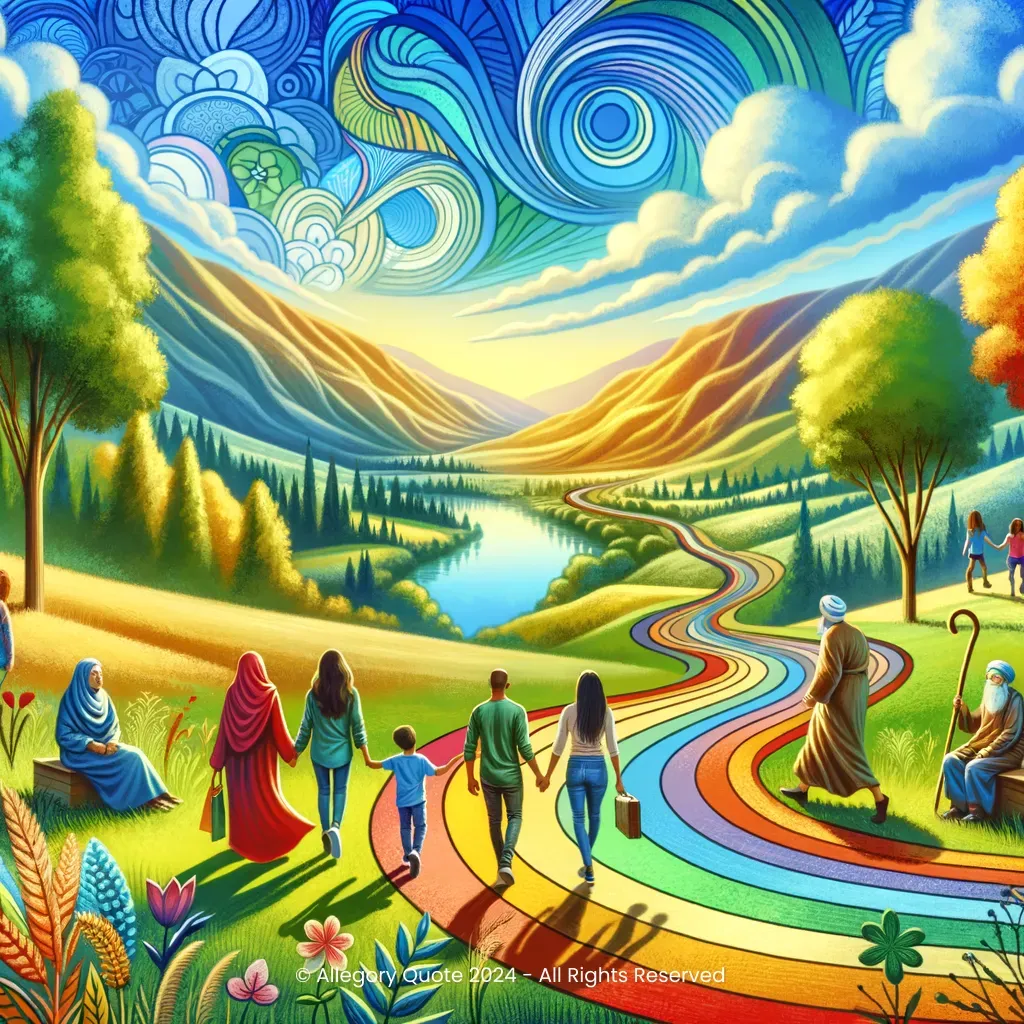
- Meaning
- The meaning of this quote is based on philosophical principles of Epicureanism, which holds that pleasure and happiness are essential goals, and the idea that the process, experiences, and lessons learned along the way have invaluable value. It encourages us to enjoy the journey of life and not focus solely on end results, linking to the psychological aspects of emotional well-being and everyday experiences.
- Allegory
- In the image, the path represents the journey of life, while the natural landscape symbolizes the experiences and the various stages we go through. The people interacting along the path symbolize the relationships that enrich our journey, reminding us that happiness is often found in the present moment, rather than solely in the achievement of a final goal.
- Applicability
- Applying the meaning of this quote implies embracing the process of personal growth, appreciating the small daily joys, and finding value in experiences. It teaches us to live more mindfully and present, rather than being anxious about outcomes.
- Impact
- The impact of this quote is visible in the realm of personal development and positive psychology, which has promoted the notion that the journey and the intention to live happily are as important as happiness itself, inspiring movements like mindfulness and gratitude.
- Historical Context
- No specific historical context is discernible, but it reflects modern attitudes toward well-being and personal fulfillment that can be traced back to the 20th and 21st centuries, when many cultures began to focus on happiness as a primary goal.
- Criticisms
- There are no known criticisms or controversies associated with this quote, although some may debate the actual meaning of 'happiness' and the impact of society and expectations on individuals.
- Variations
- Variations of this concept exist in many cultures, where the journey is understood as a metaphor for life. For example, in Buddhism, emphasis is placed on the path of self-discovery rather than the achievement of a final state.
-
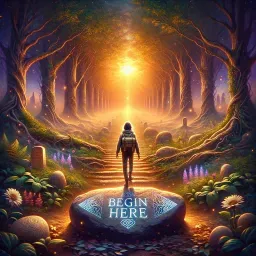
Even a journey of a thousand miles begins with a single step.
-
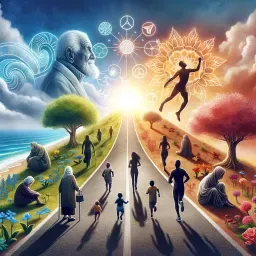
If you can’t fly, run, if you can’t run, walk, if you can’t walk, then crawl, but whatever you do, you have to keep moving forward.
-
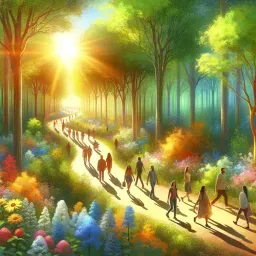
The meaning of our life is the journey, not the destination. Because every answer is fallacious, every satisfaction slips through our fingers, and the destination is no longer such once it has been reached.
-
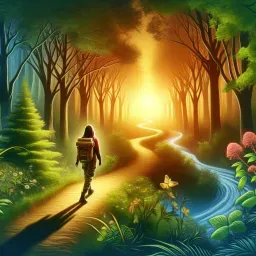
Always choose the path that seems the best, even if it appears the most difficult: habit will soon make it enjoyable.
-

Life is like riding a bicycle. To keep your balance, you must keep moving.
-
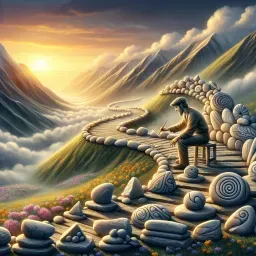
You can build something beautiful even with the stones you find on your path.
-
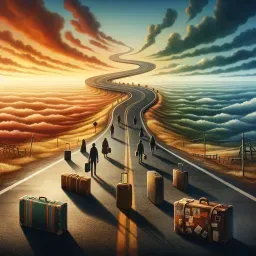
Our battered suitcases were piled on the sidewalk again; we had longer ways to go. But no matter, the road is life.
-

Some travel to lose themselves, some travel to find themselves.
-
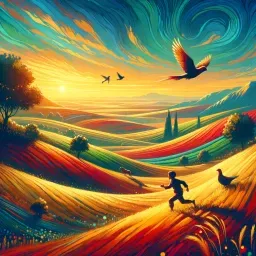
There’s a great big hunk of world down there with no fence around it.
No Comments